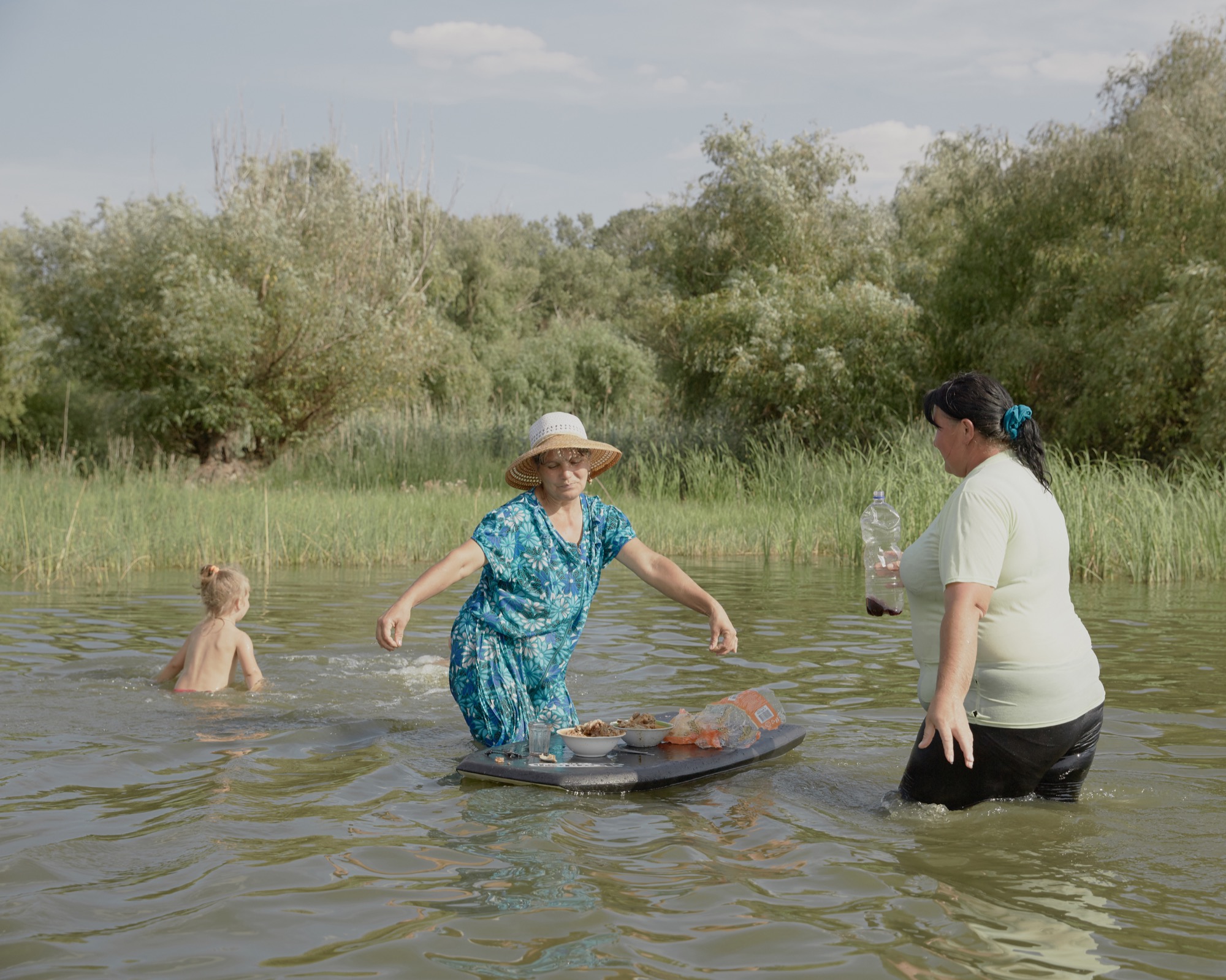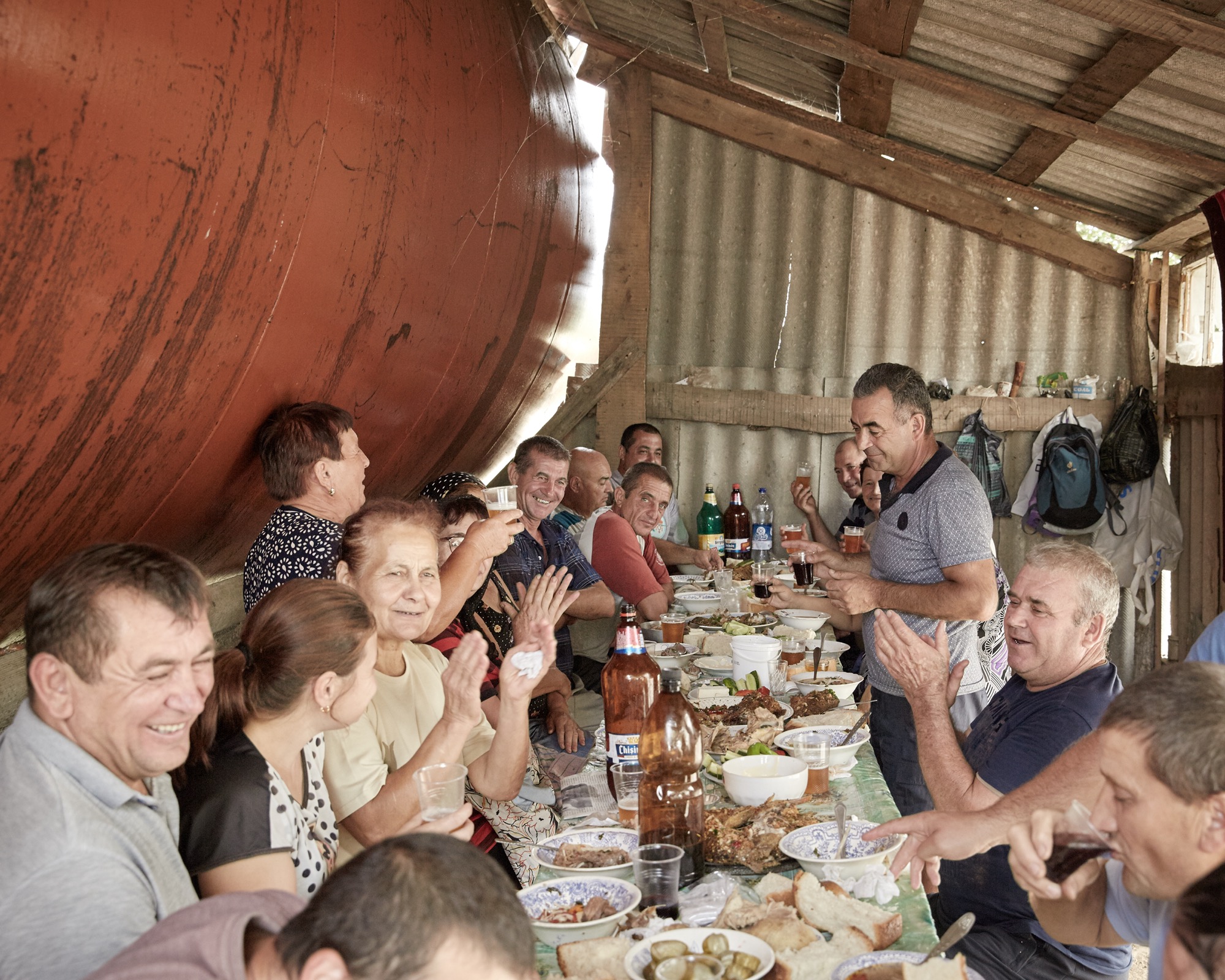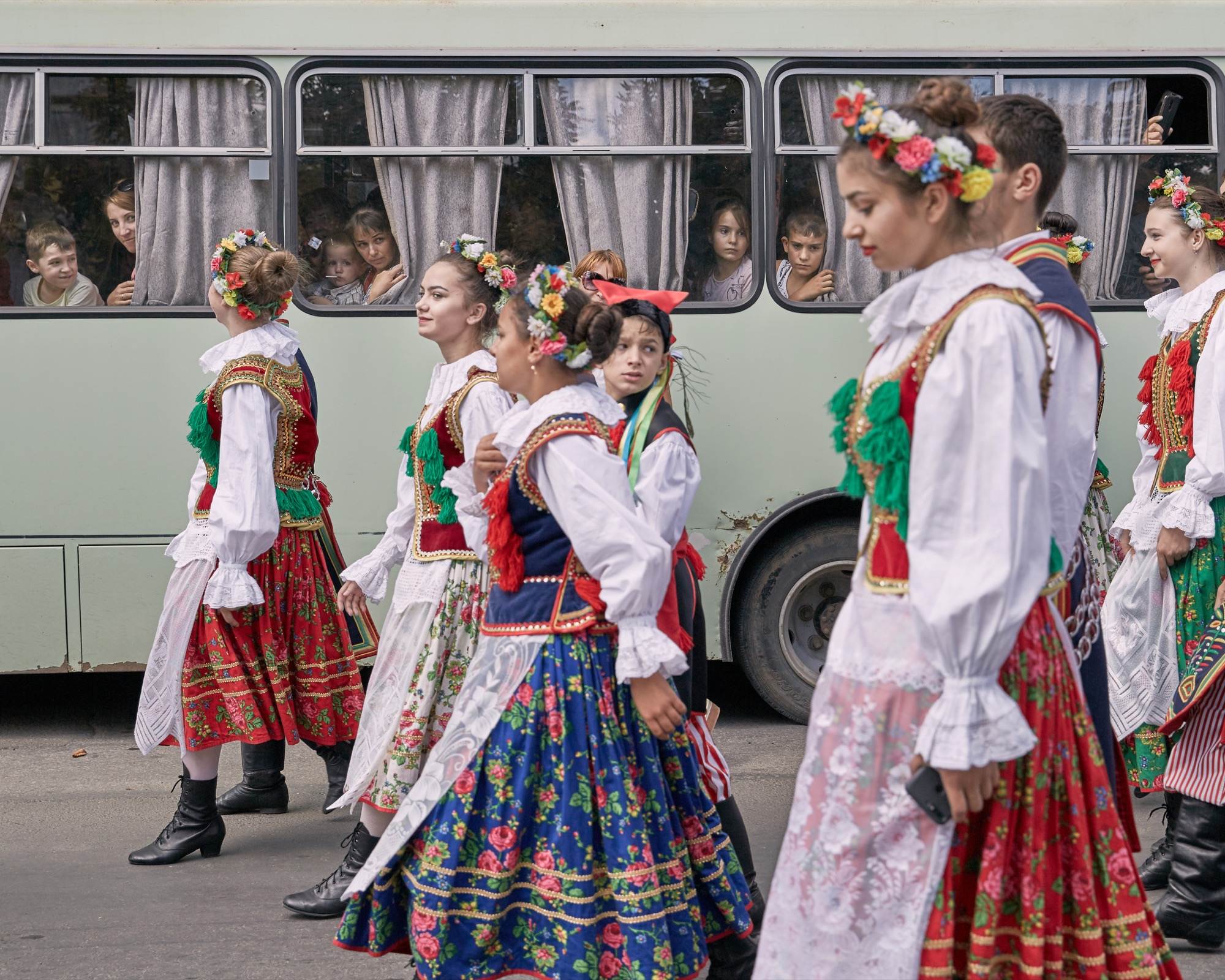In the southern area of the Republic of Moldova there is a small autonomous region called Gagauzia. Here lives a largely unknown population with old traditions: the Gagauz, a Turkic minority group adhering to the Orthodox Christian faith. They are commonly known as the descendants of the wolves. According to the legend, the Gagauz underwent a devastating attack at the hands of their enemies. A little boy, who had miraculously survived, was found by a female wolf that took care of him. This boy then became the ancestor of the Gagauz.
When the Soviet Union collapsed, the Moldovan government in the capital of Chisinau, established Moldovan as the country’s only official language. The Gagauz people feared the loss of their rights and their cultural identity. In 1994, they succeeded in obtaining at least an autonomy status, even if the goal was reaching full sovereignty. Since then, they have been granted relatively extensive rights on paper, but in reality the situation looks quite different. Important decisions are still being made in Chisinau. The Gagauz suffer from the poor economic situation in the country. Those who don’t want to work in agriculture have to leave their home country in search of better paid jobs in Russia or Europe. Very few young people decide to settle down in the land of their ancestors. The elderly are proudly trying to preserve their identity, their traditions and, above all, their language in order to reach the long-awaited independence they have been dreaming of for a long time. The different values shared by the new generations, however, endanger the future of the Gagauz culture. Russian plays a major role in the curriculum of schools and this is the reason why children and young people tend to speak less and less Gagauz in public. They only wear traditional clothing at folkloristic festivals at best, and the myth of origin, which describes the birth of the Gagauz, is slowly but definitely being forgotten.
Photo copyright: © Jana Mai





